
Zygiella x-notata
Welcome to Connecticut spiders. According to a checklist published by the American Arachnological Society in 1981, Connecticut’s spider population consists of approximately five hundred and fifty spider species. This introduction covers a few of the most common spider families found in residential areas and parks around the state.
Orbweavers
Interest in spider identification increased over the past forty plus years and no doubt the number of spiders in the state is larger than the estimate. Consider the Orb Weaving family. A citizen science project, Inaturalist, has documented close to forty different species around the state. The checklist only has eight species listed.
Orb weavers rank among the easiest of all the Connecticut spiders to identify because of their more definitive body colors and patterns. Plus, they stay stationary for most of the day, making them easy to photograph.
Here’s a few of the more common species. See this page for more detail on the Orb Weavers..
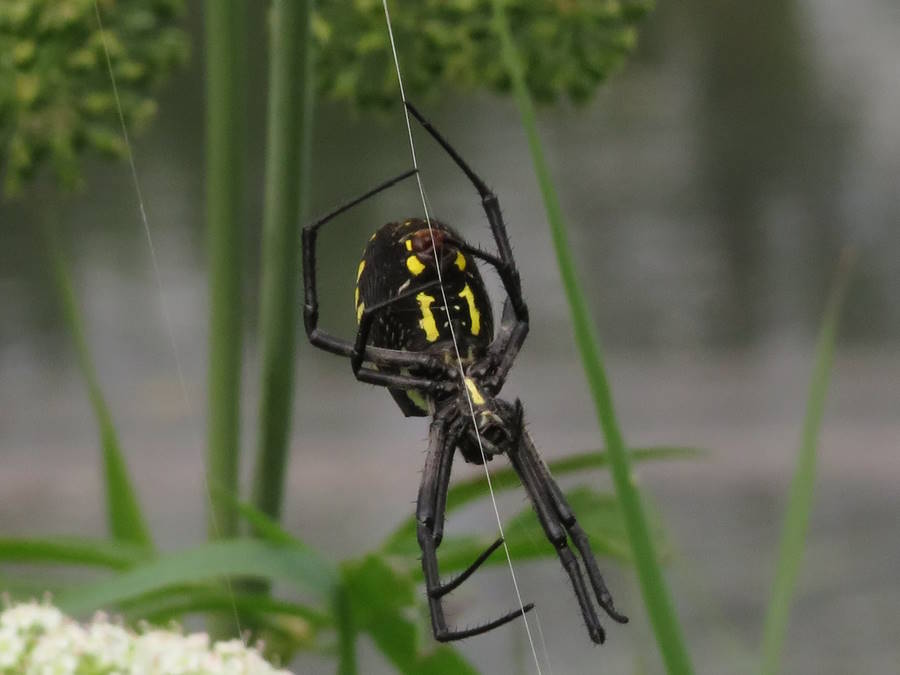
Yellow Writing Spider bottom view
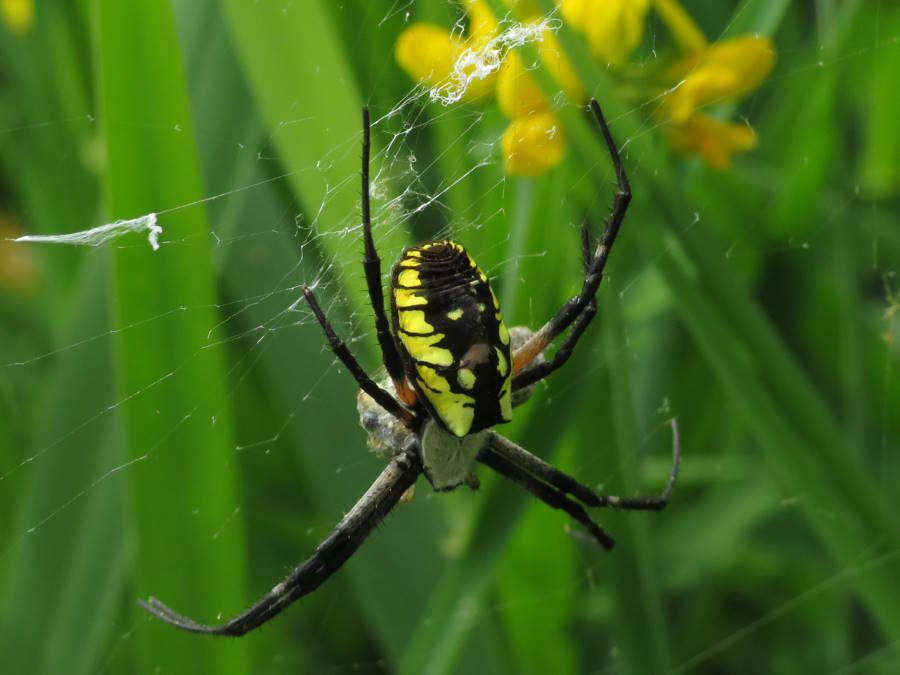
Yellow Writing Spider top view
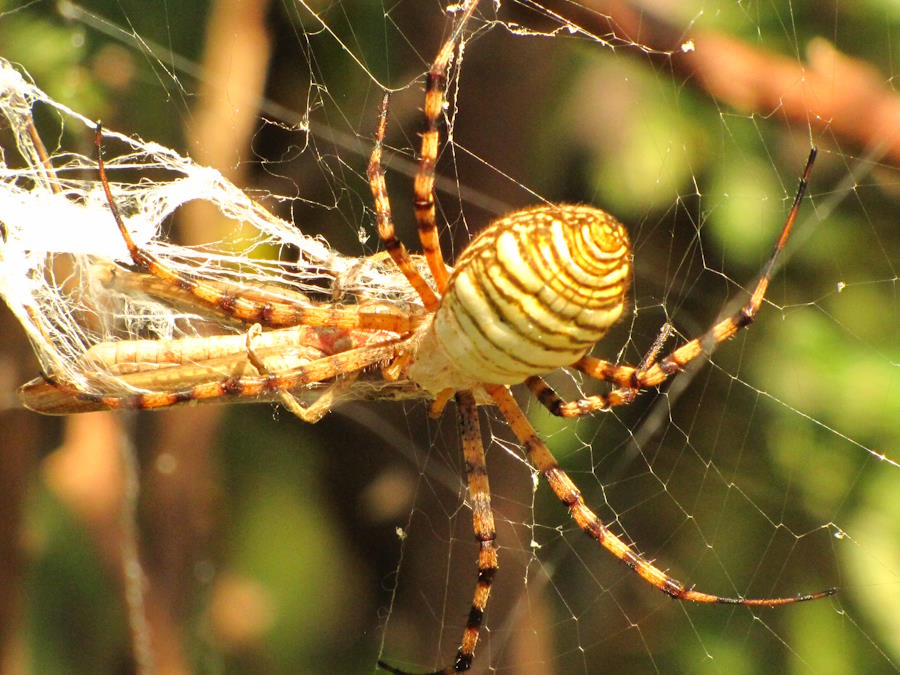
Banded Writing Spider
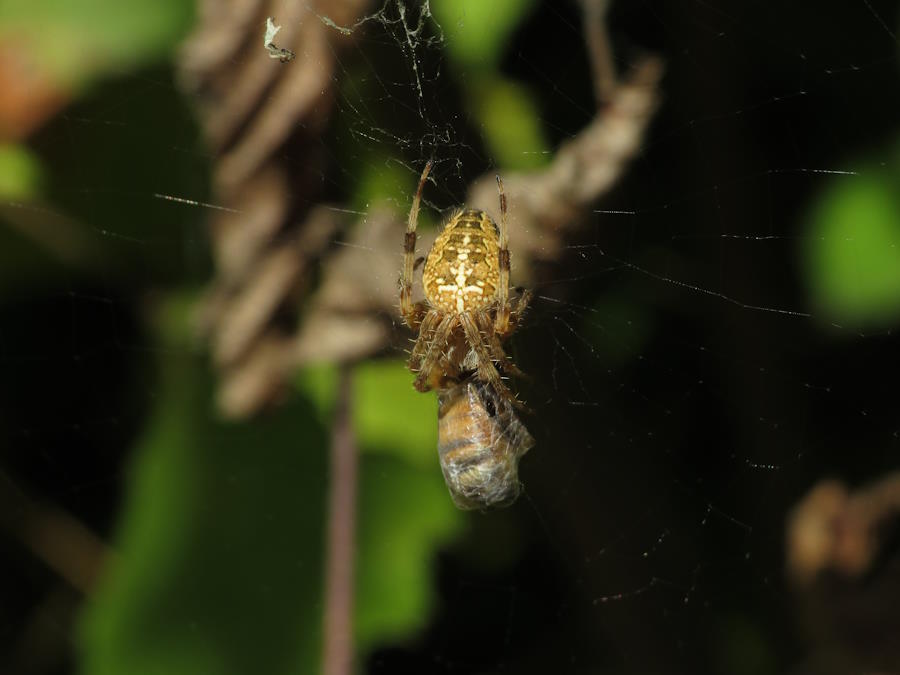
Cross Orb Weaving Spider
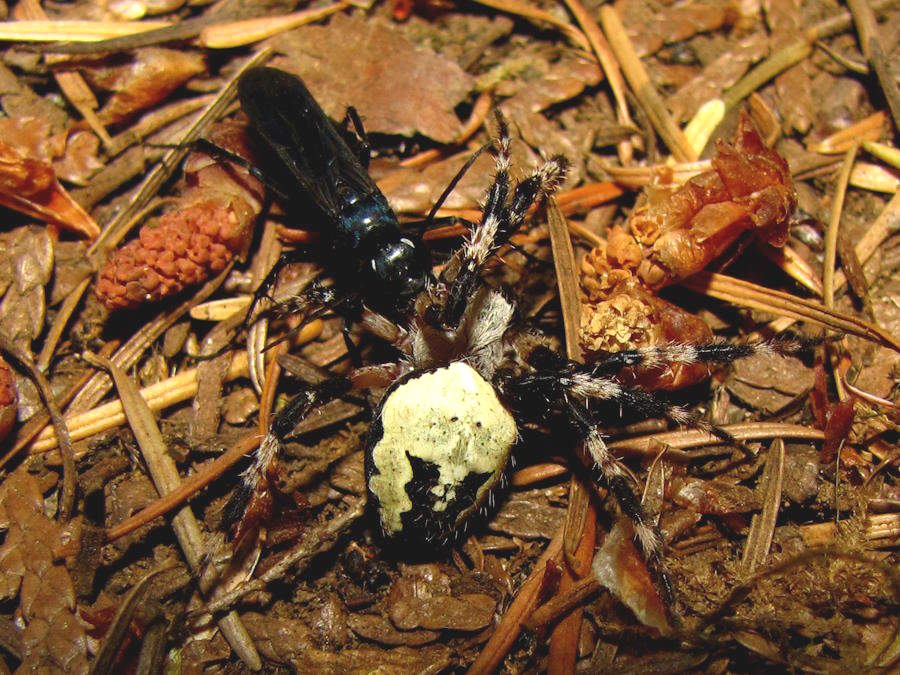
Araneus nordmanni
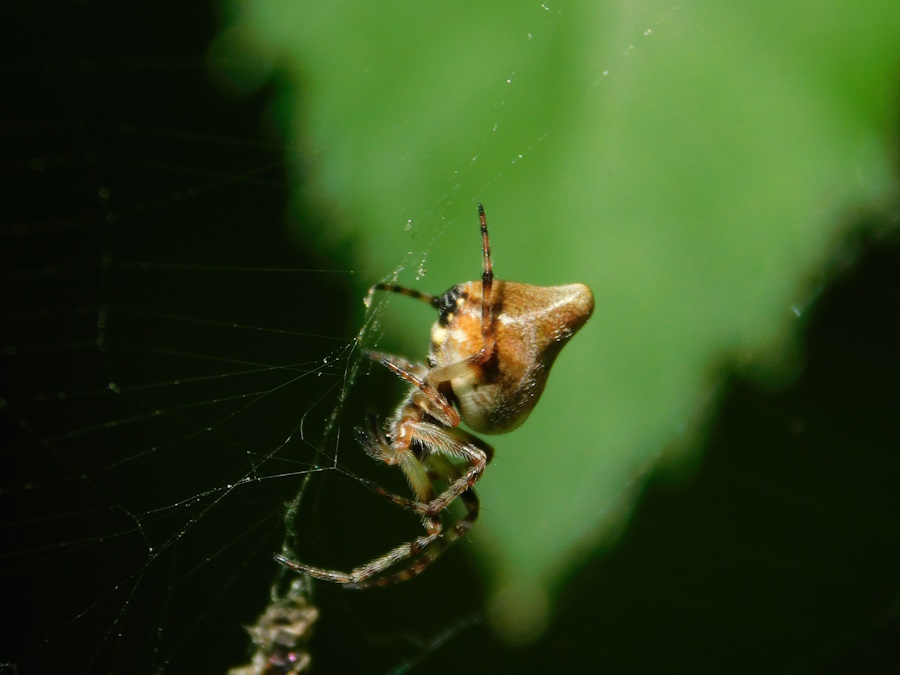
Trashline Orb Weaver
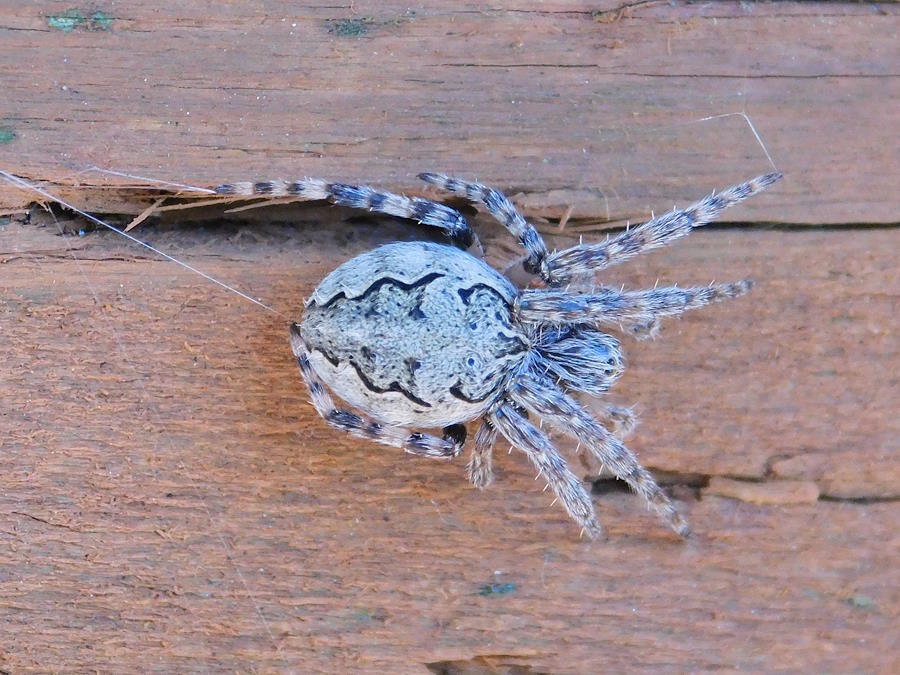
Gray Cross Spider
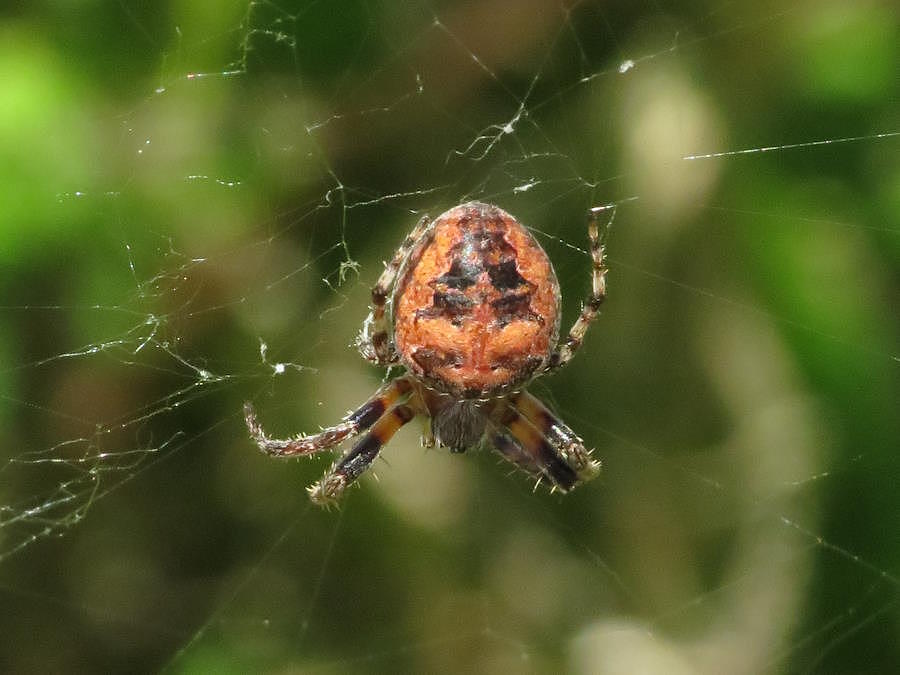
Larinioides patagiatus orange shade
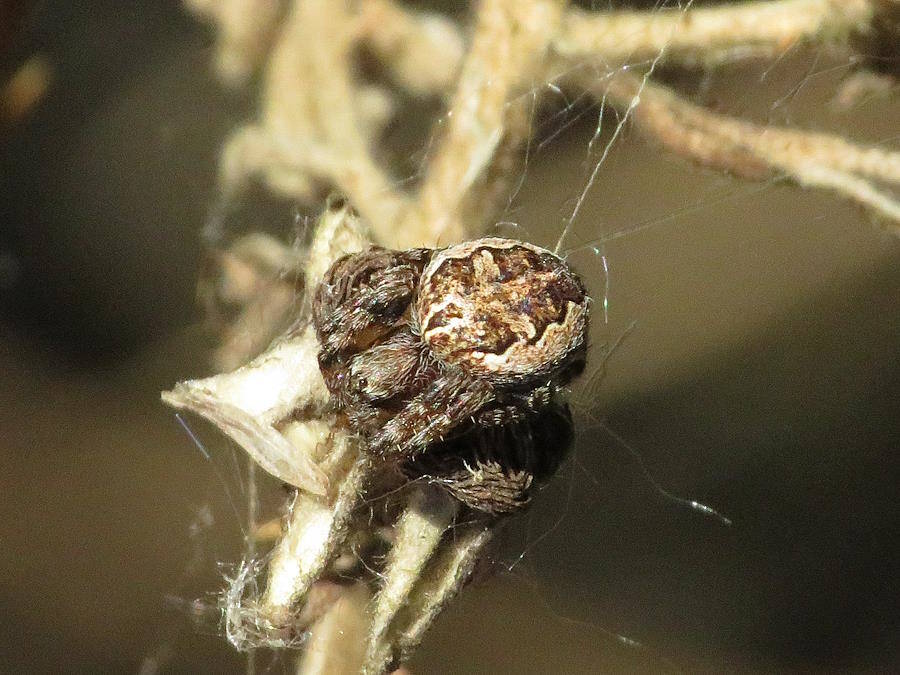
Larinioides patagiatus brown shade
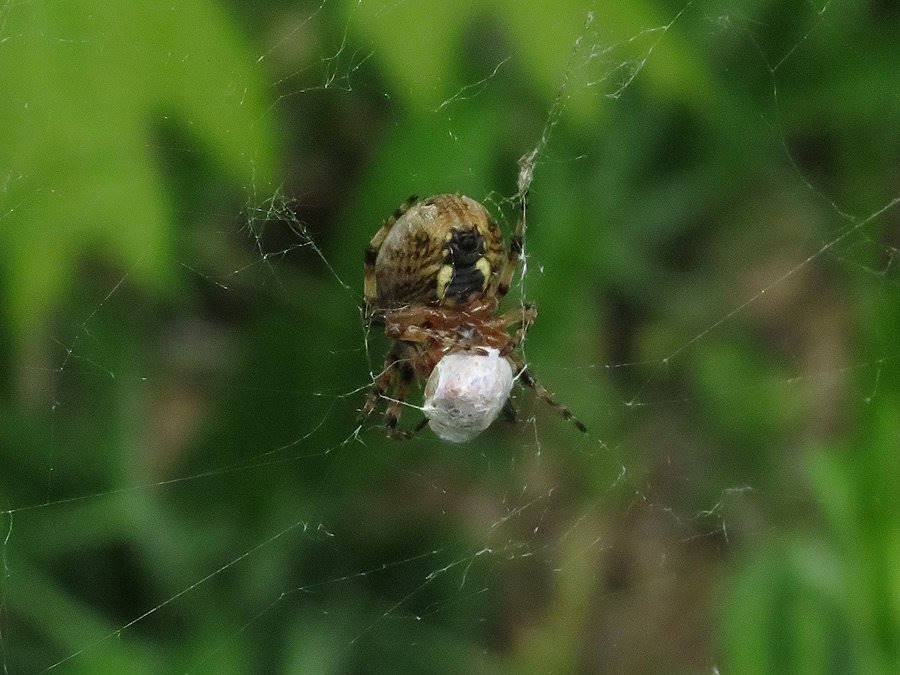
Larinioides patagiatus bottom
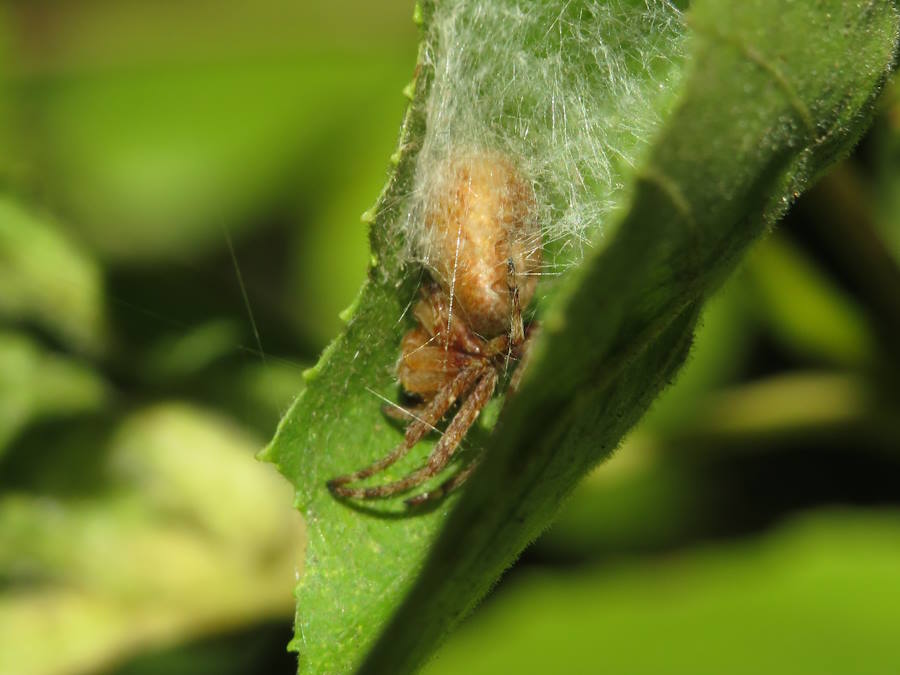
Sleeping Orb Weaving Spider
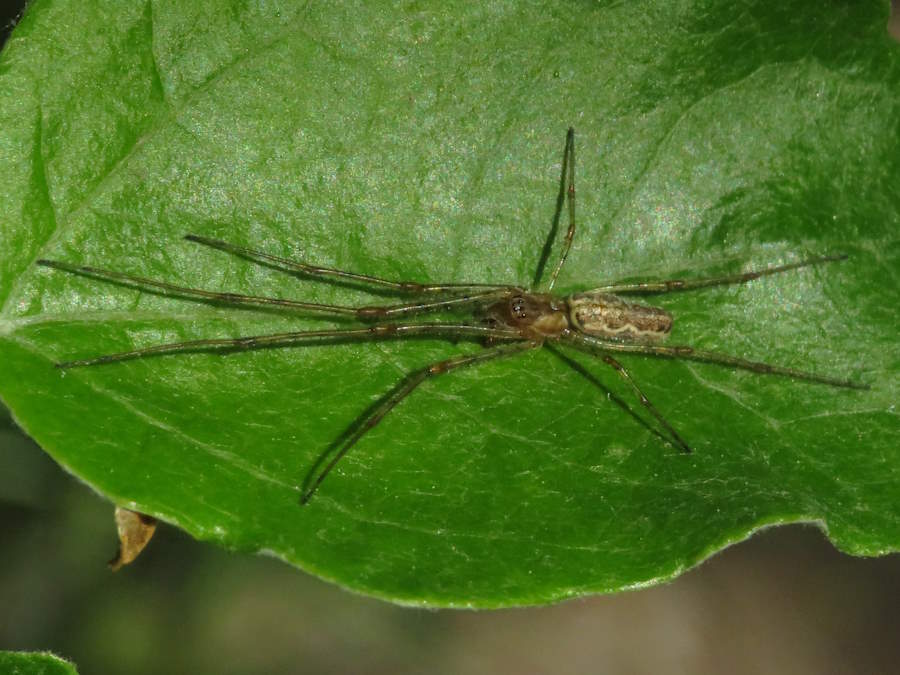
Long-jawed Orb Weaver
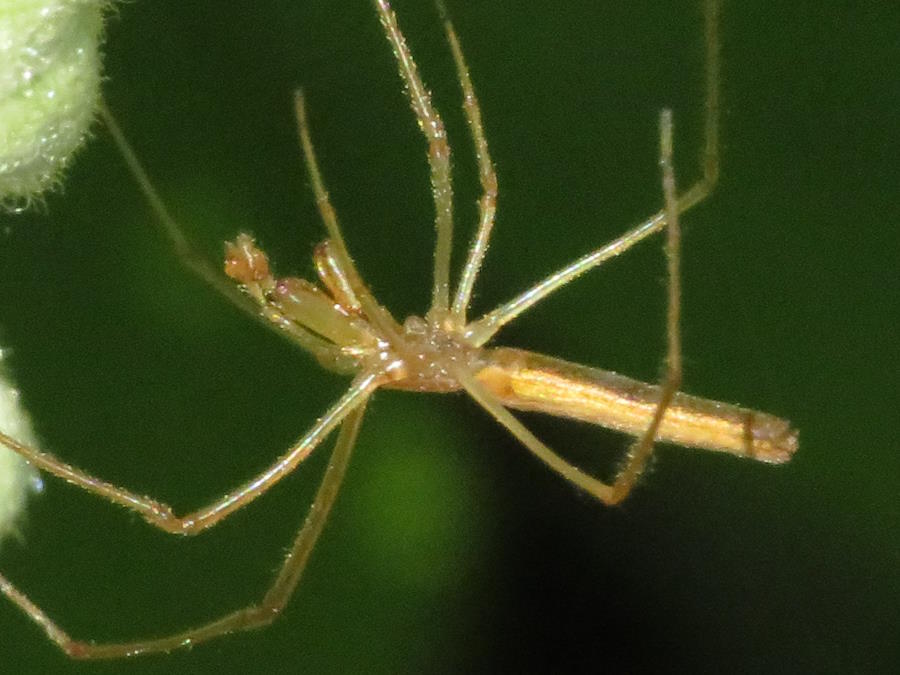
Long-jawed Orb Weaver side view
Jumping Spiders
With around forty different species, a variety of jumping spiders can be found in back yards around the state. The five most common types of jumping spiders documented to date are:
- Bold Jumping Spider
- Tan Jumping Spider
- Zebra Jumping Spider
- Dimorphic Jumping Spider
- Bronze Jumping Spider
Body color can change over the course of time, as with the species presented here. See this page for for more complete information on the topic.
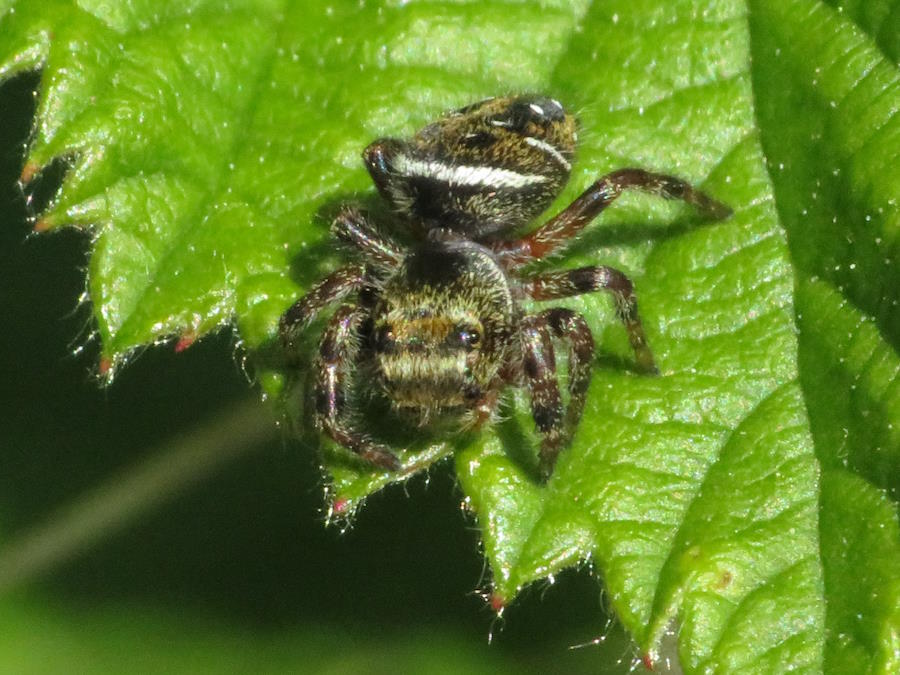
Brilliant Jumping Spider Face
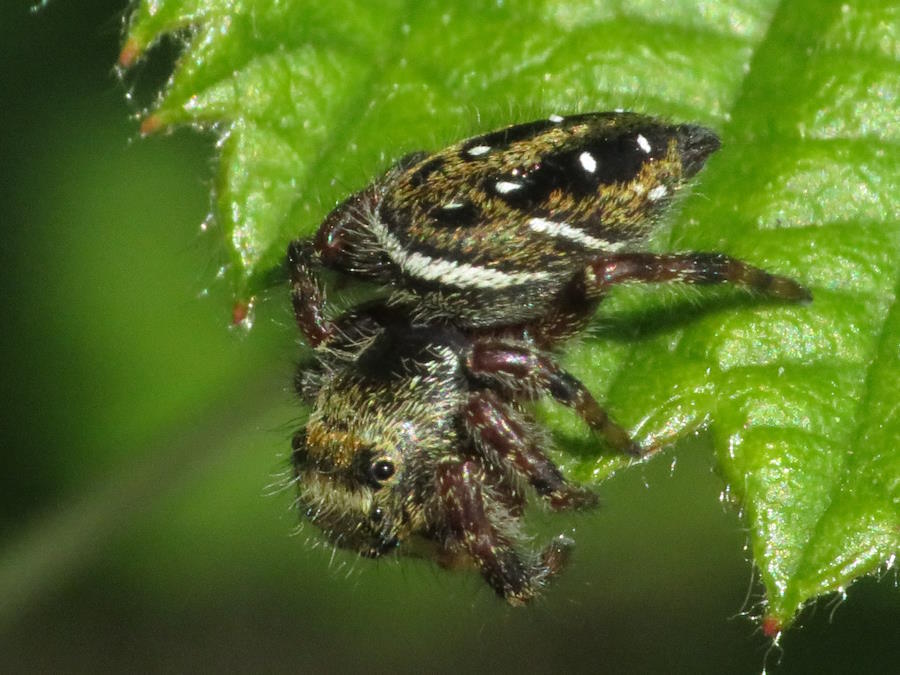
Brilliant Jumping Spider side view
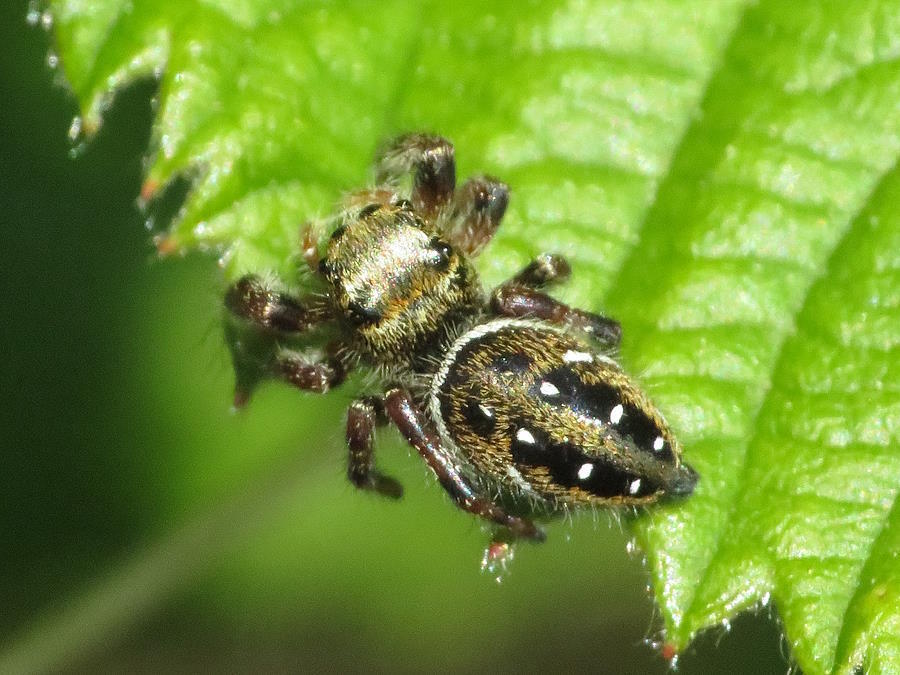
Brilliant Jumping Spider Top view
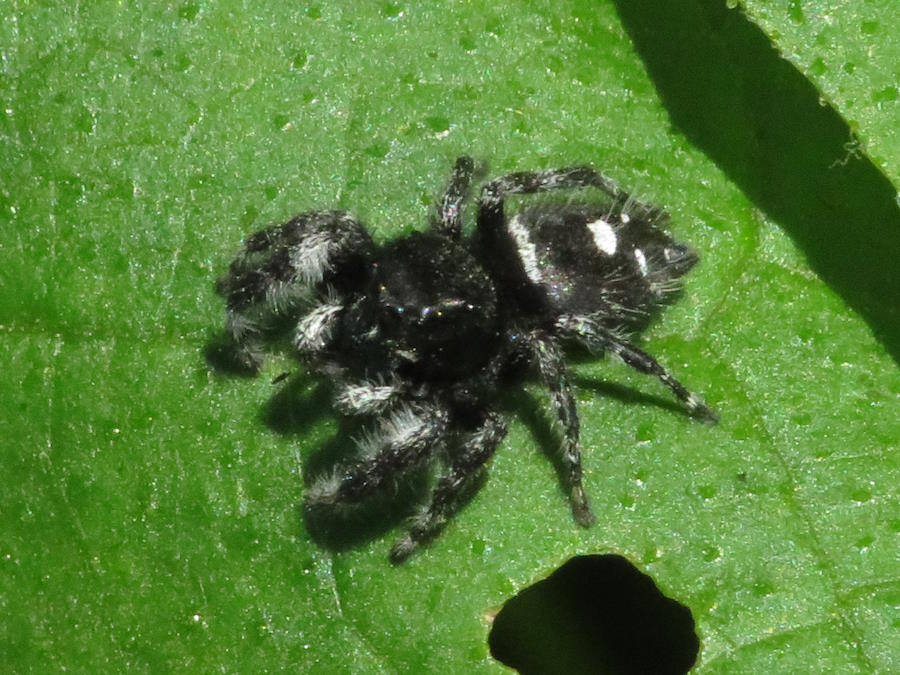
Bold Jumping Spider
Body color can change over the course of time, as with the species presented here. See this page for for more complete information on the topic.
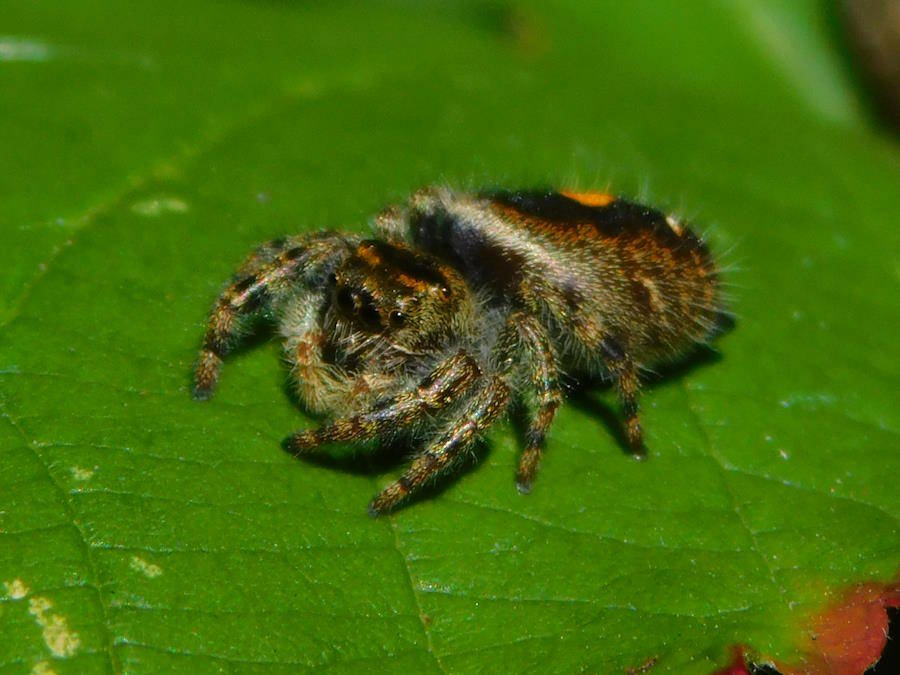
Bold Jumping Spider
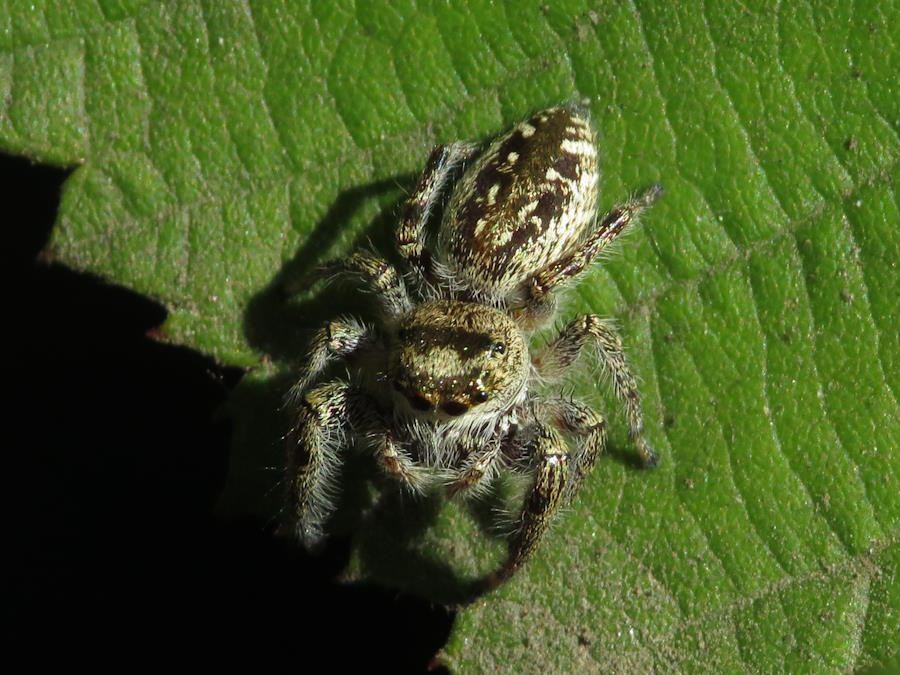
Bronze Jumping Spider Female
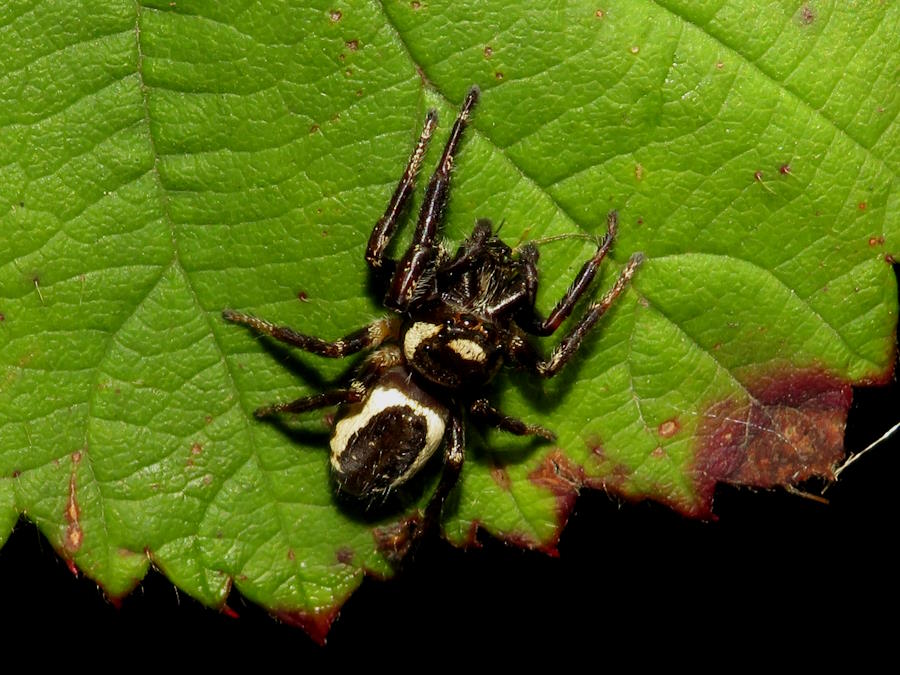
Bronze Jumping Spider Male
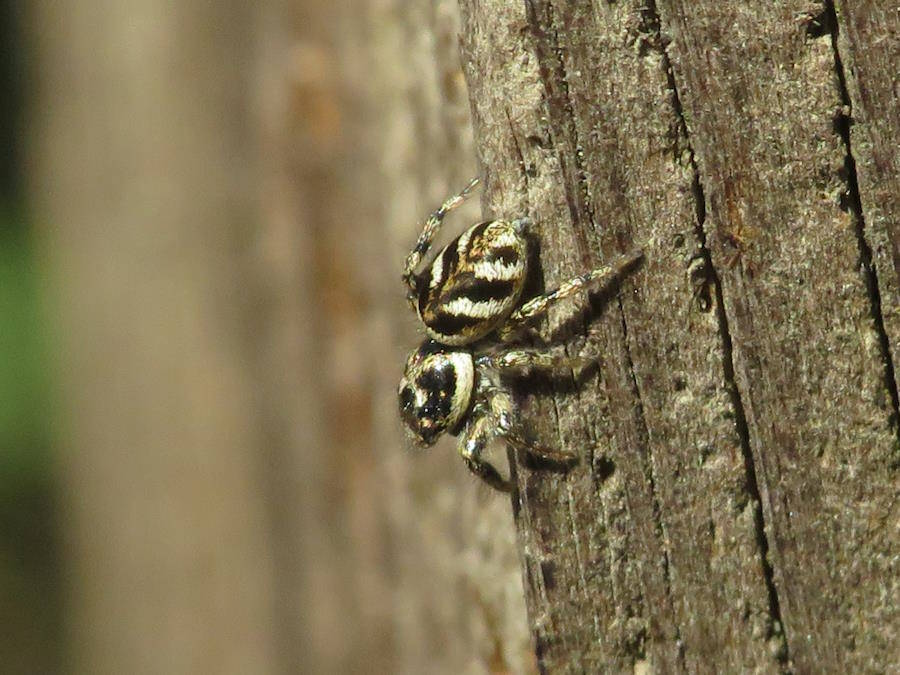
Zebra Jumping Spider
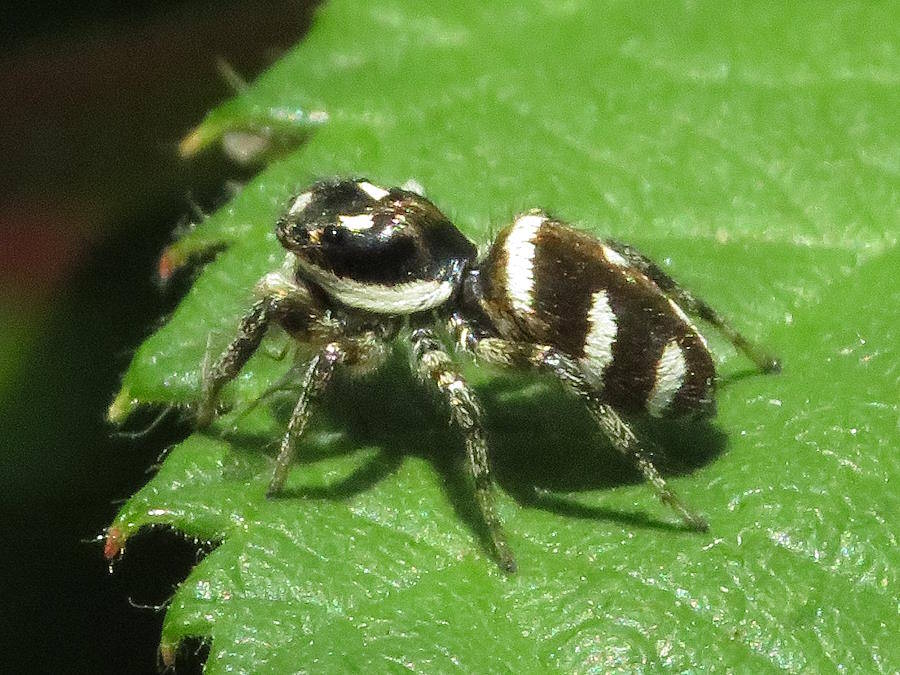
Zebra Jumping Spider Side
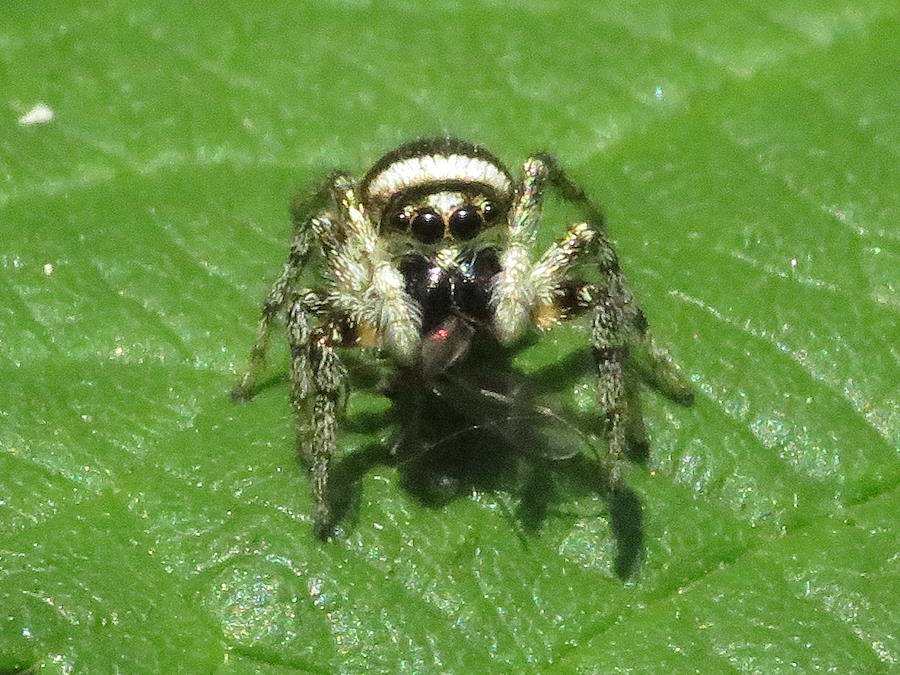
Zebra Jumping Spider Eyes
Lynx Spiders
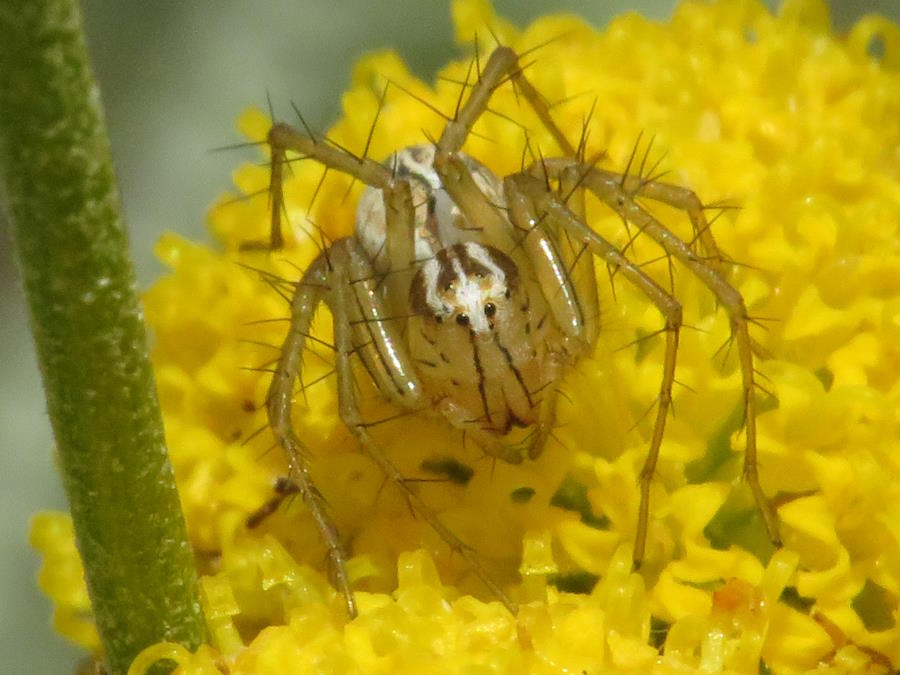
Striped Lynx Spider Eyes
Lynx spiders can be abundant in residential areas. The following pictures might help with ID.
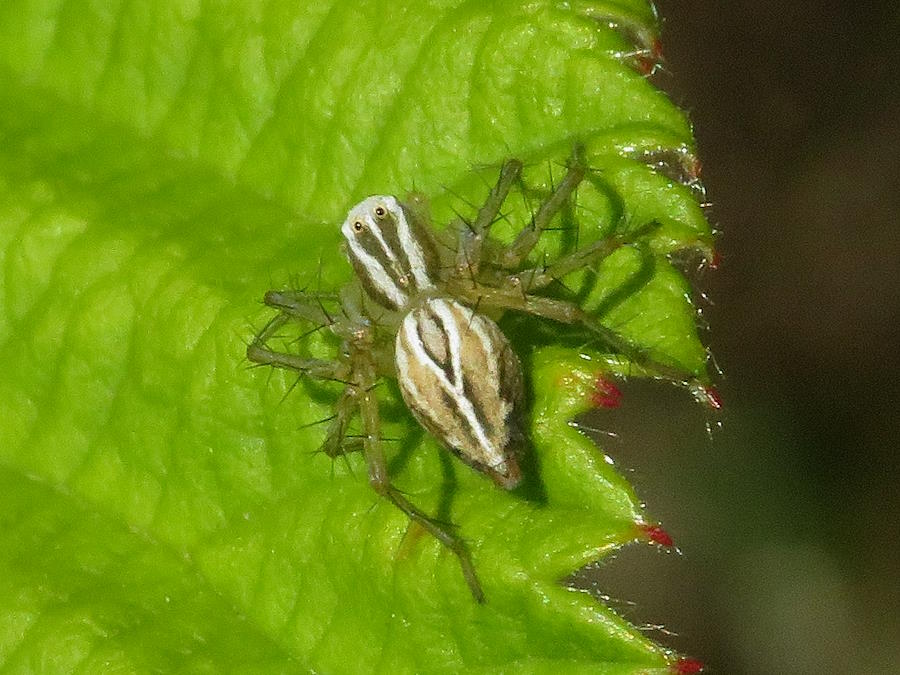
Striped Lynx Spider top
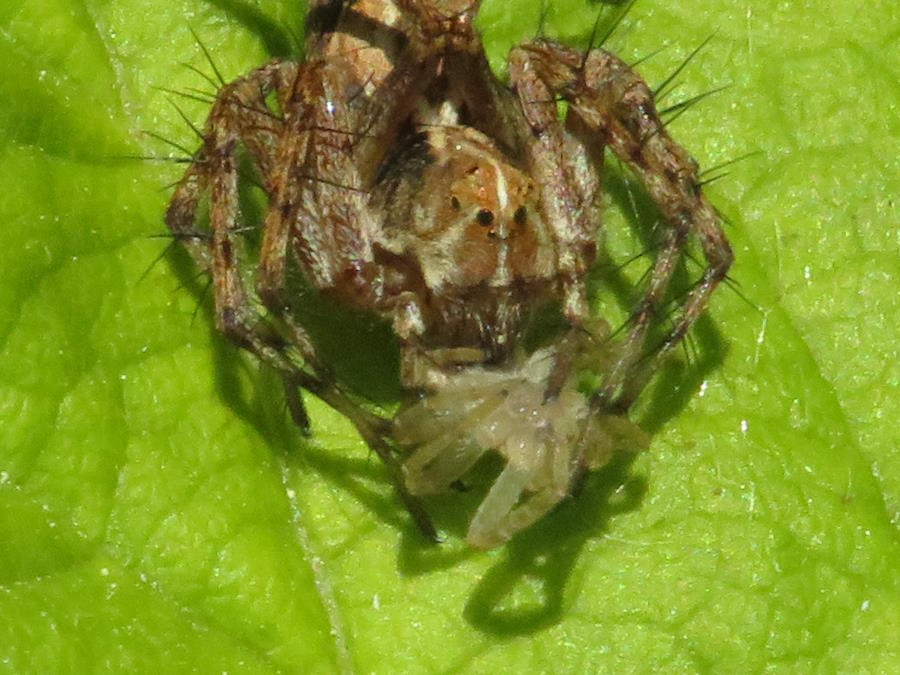
Western Lynx Spider Eyes
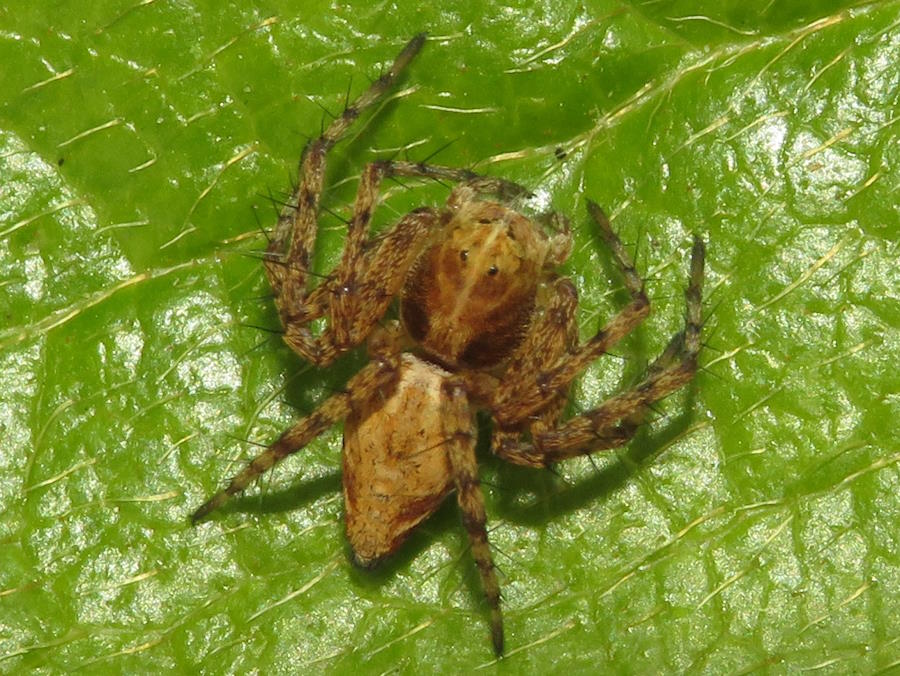
Western Lynx Spider Female
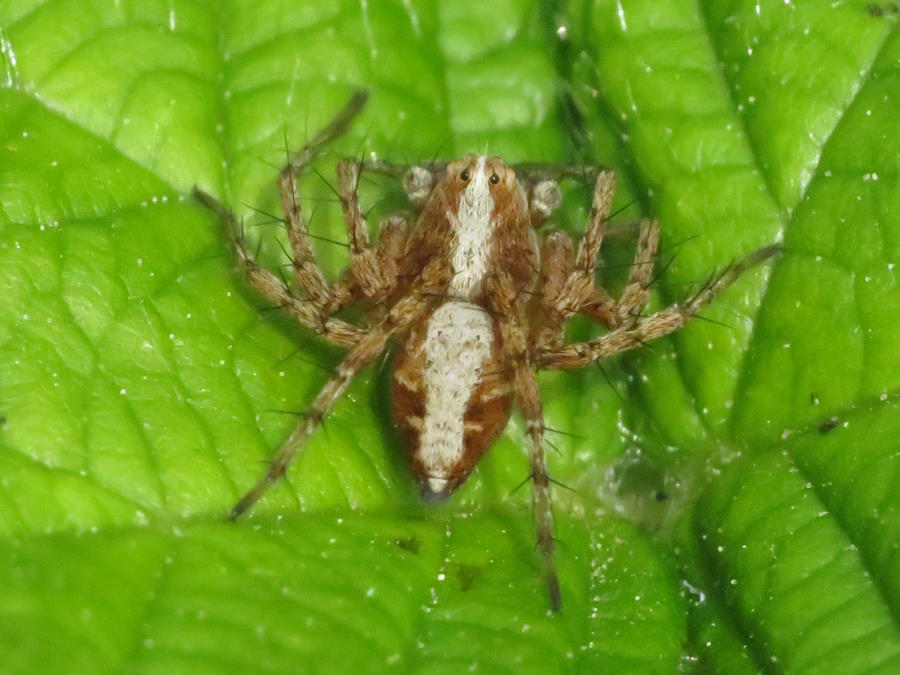
Western Lynx Spider Juvenile
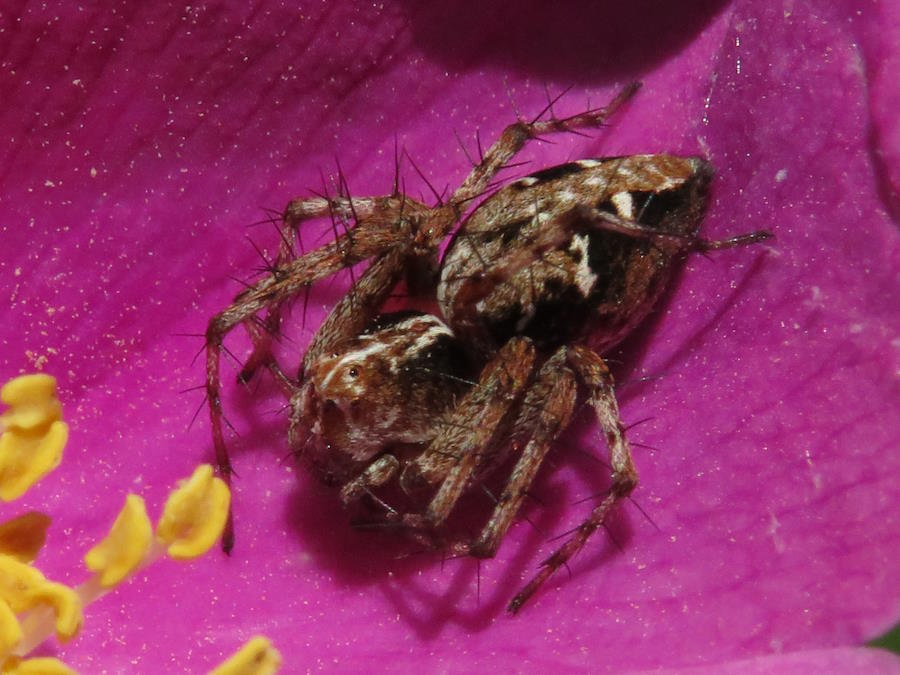
Western Lynx Spider Male
Crab Spiders
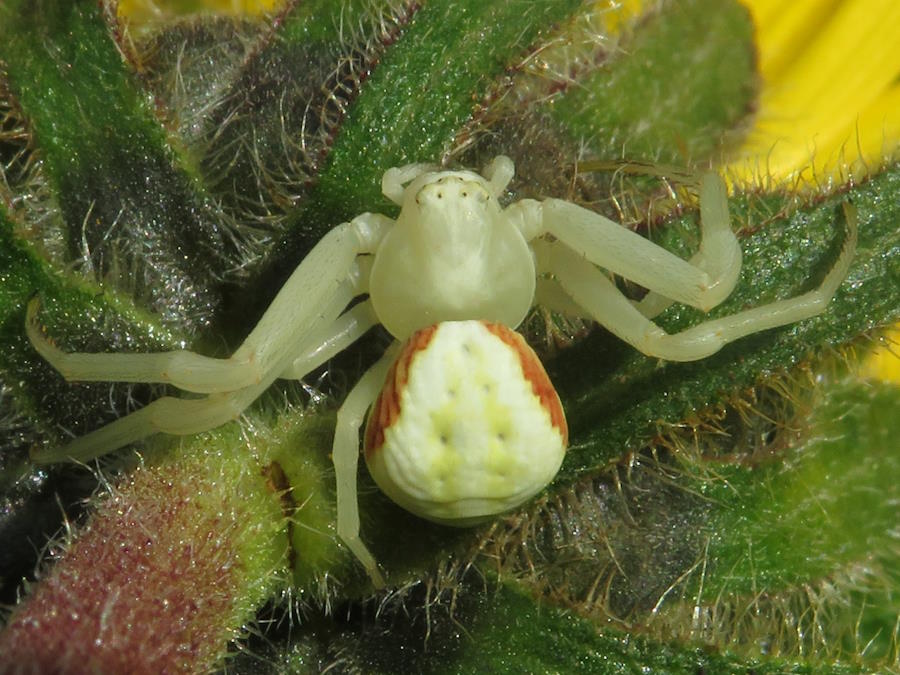
Flower Crab Spider
It’s sometimes difficult to identify Crab Spiders using body color. Body hair and eye configuration can help. Here’s a few examples.
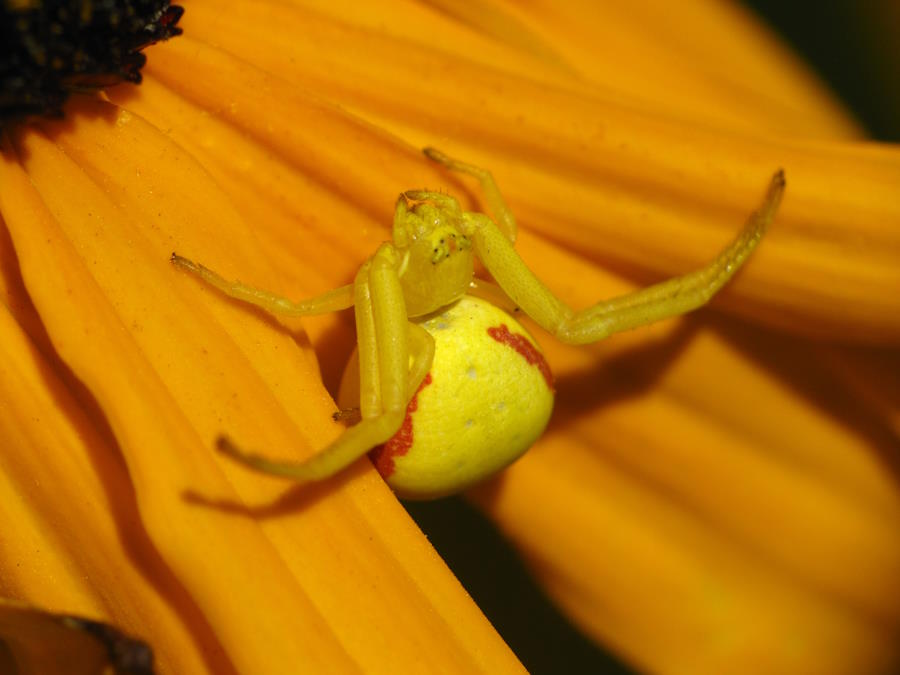
Flower Crab Spider yellow
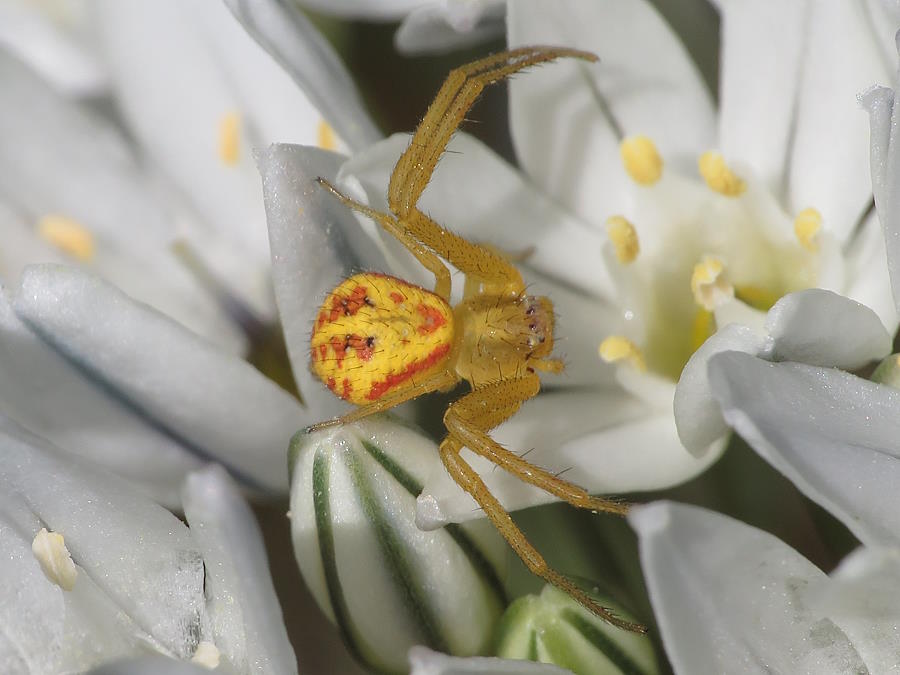
Yellow and Red Northern Crab Spider
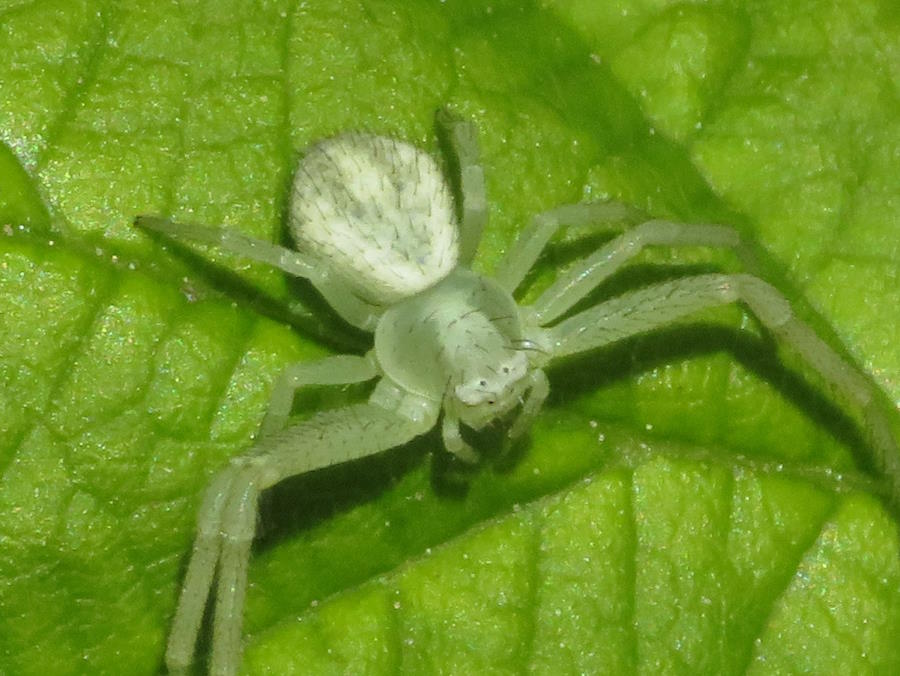
Northern Crab Spider white
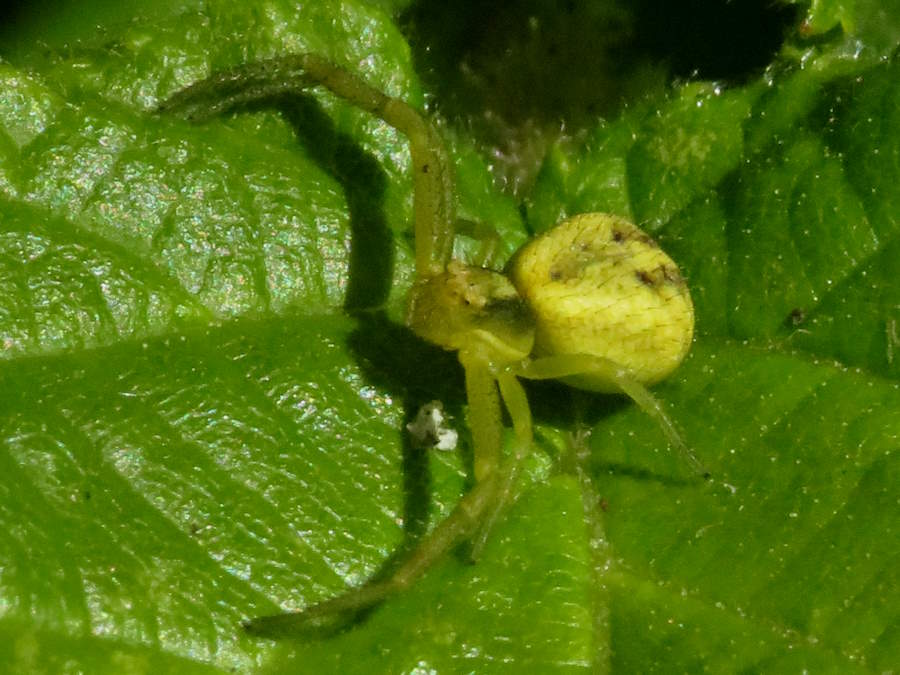
Northern Crab Spider yellow
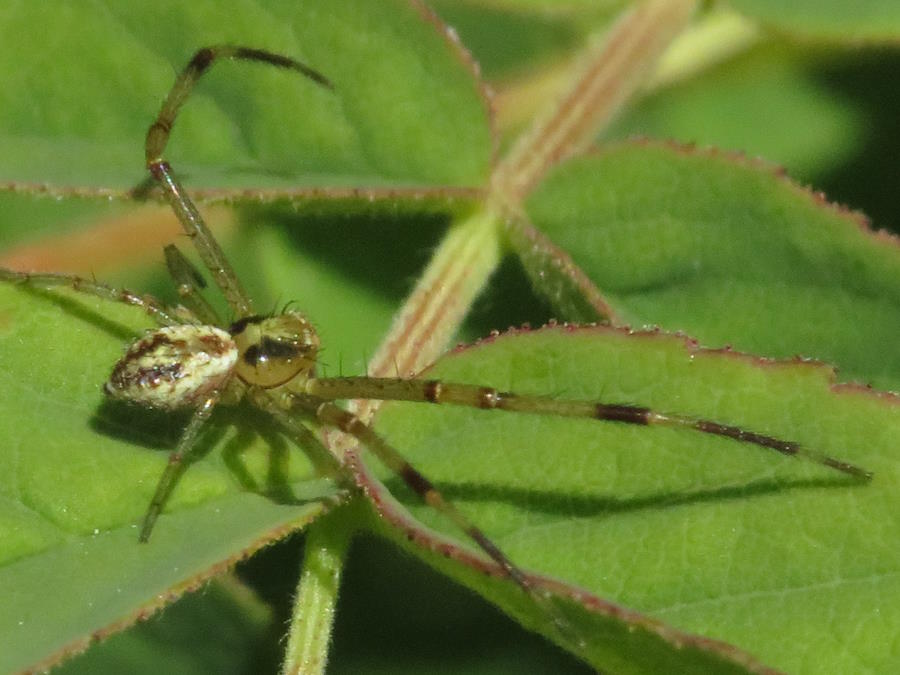
Swift Crab Spider
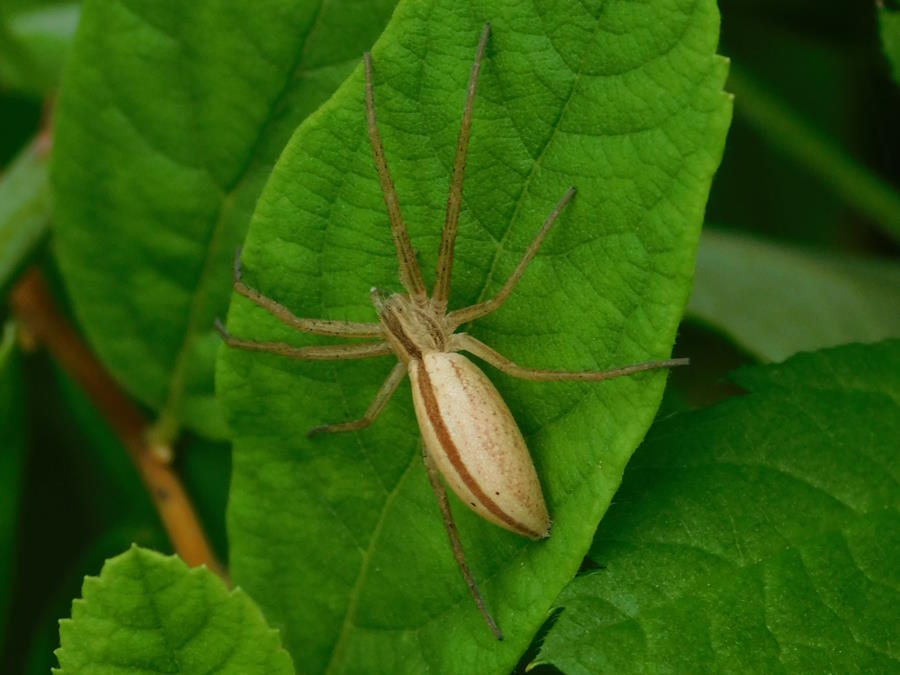
Slender Crab Spider
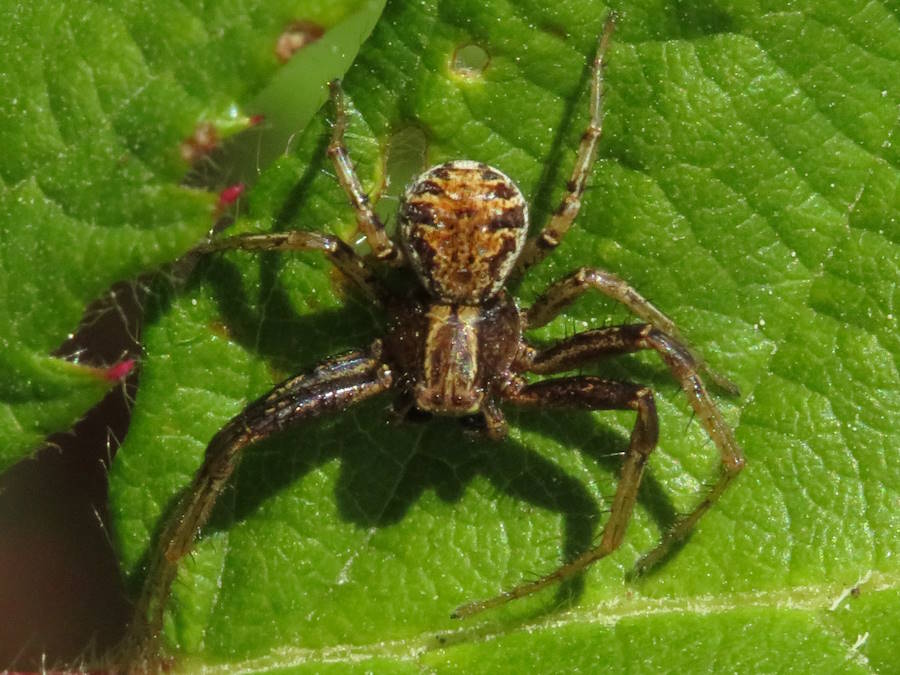
Ground Crab Spider
Jumping Spiders

Bold Jumping Spider
A couple hundred jumping spider species inhabit residential areas, many with limited ranges. Body color can change over the course of time, as with the species presented here. See this page for for more complete information on the topic.

Bold Jumping Spider

Bronze Jumping Spider Female

Bronze Jumping Spider Male

Zebra Jumping Spider

Zebra Jumping Spider Side

Zebra Jumping Spider Eyes
More Spiders and Relatives
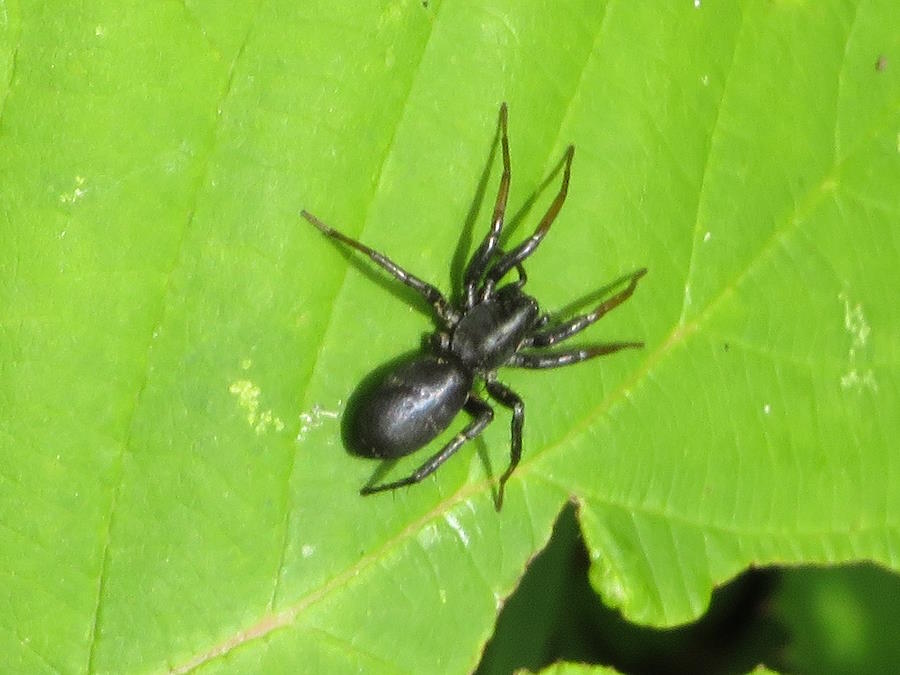
Ground Spider
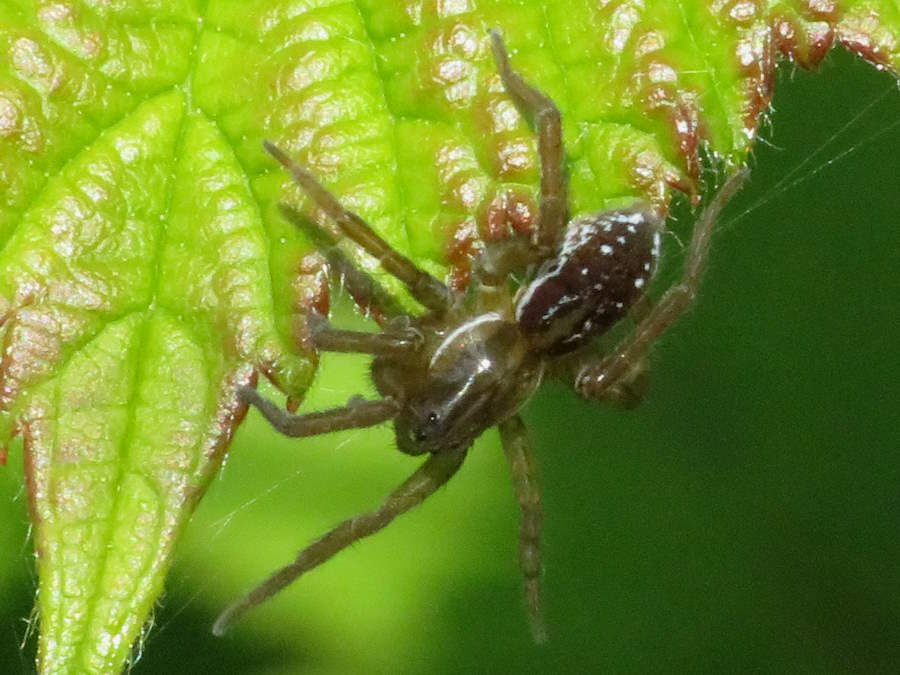
Pirate Otter Spider
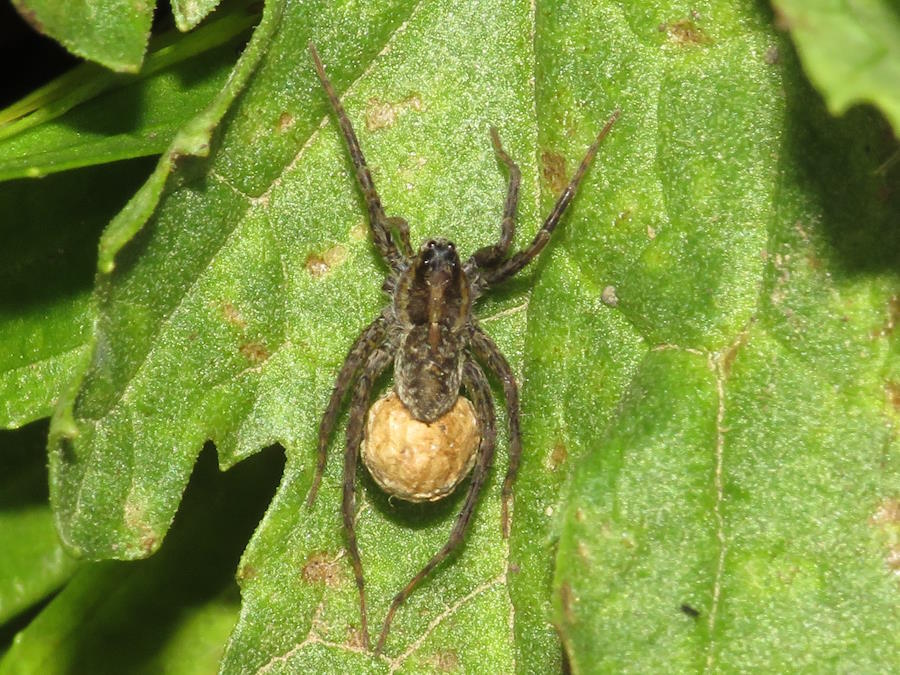
Wolf Spider with Egg Sac
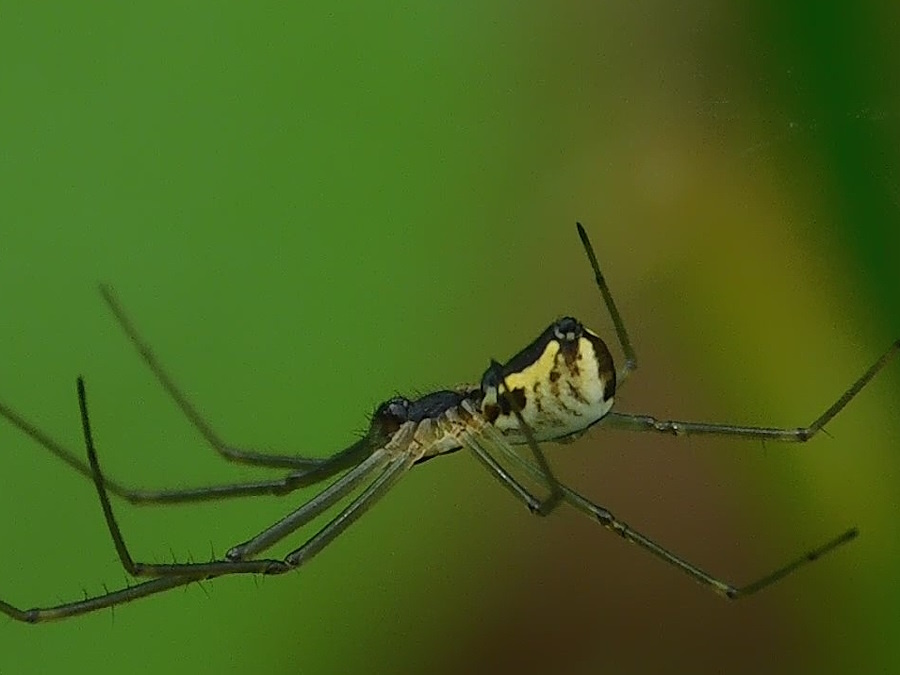
Filmy Dome Spider
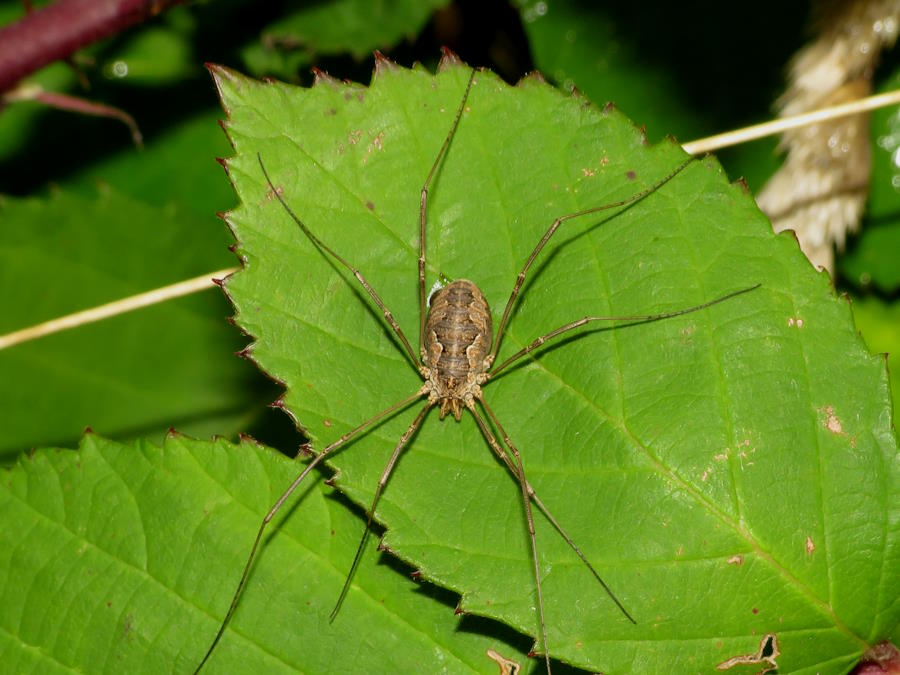
Opaline or Daddy Long Legs
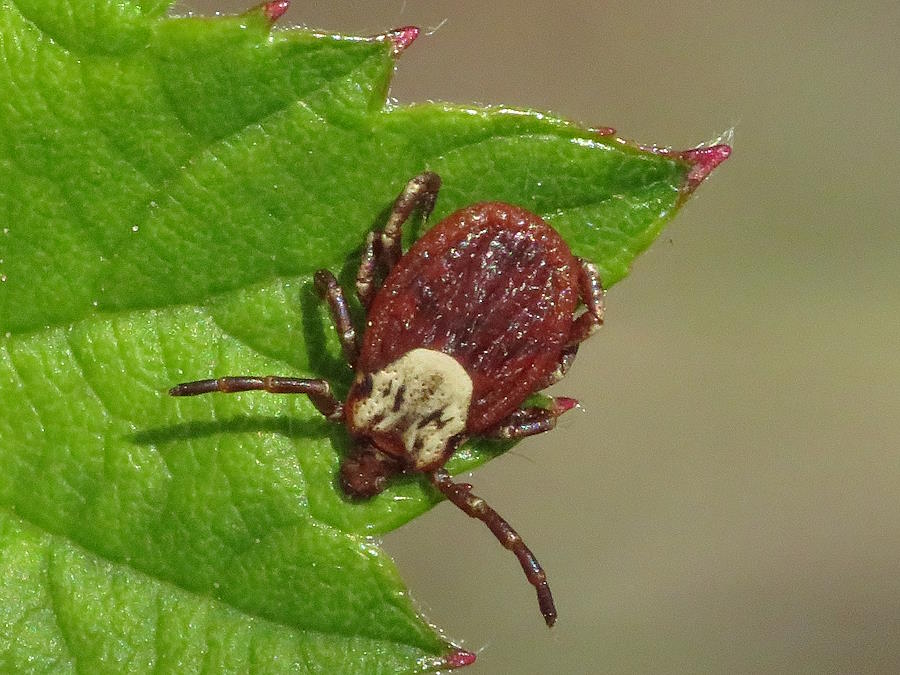
Dog Tick Female
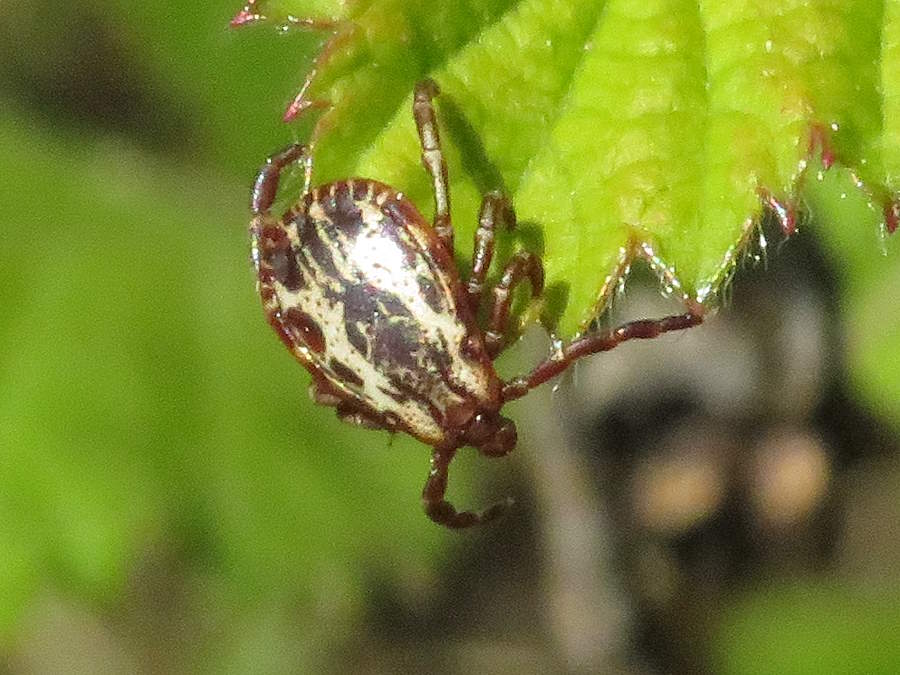
Dog Tick Male
